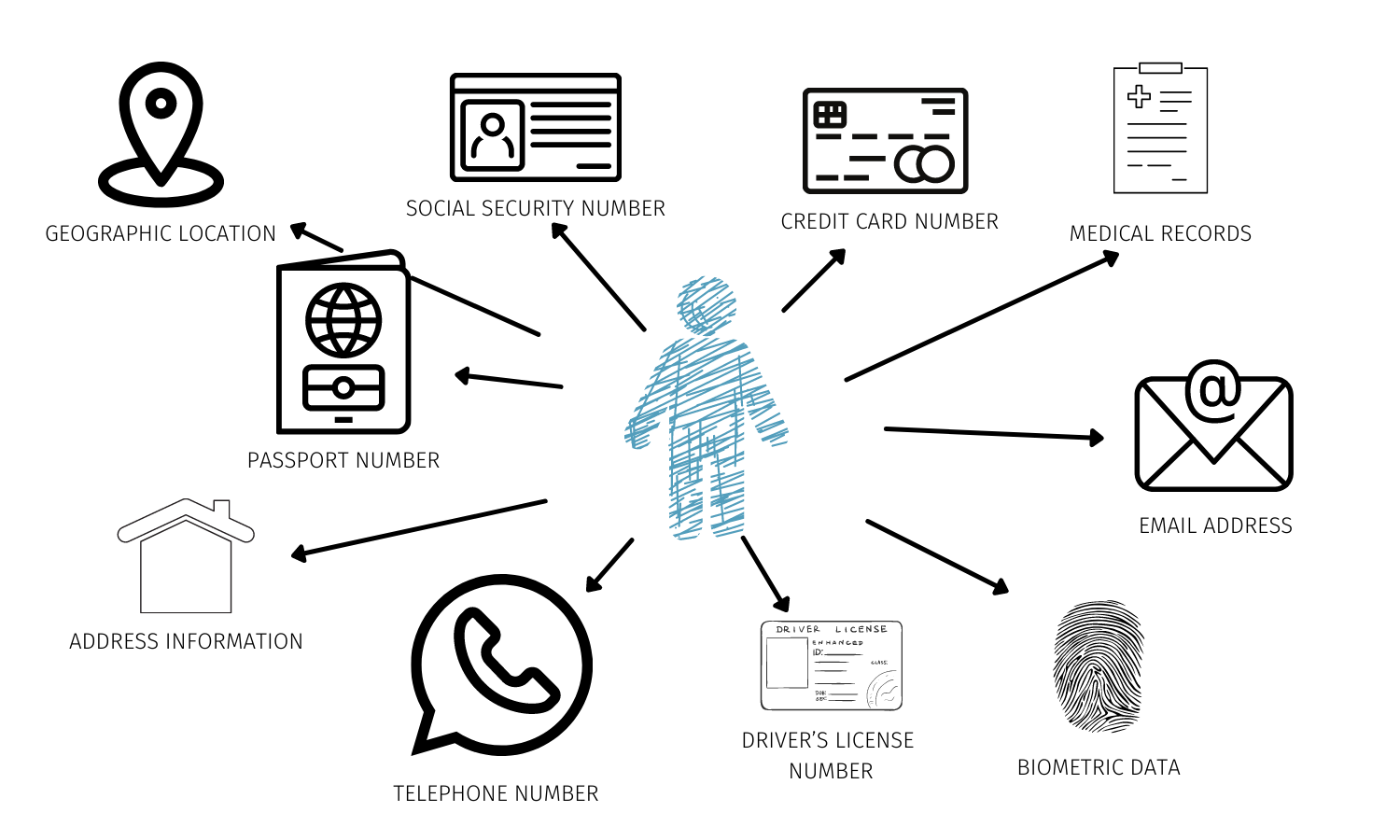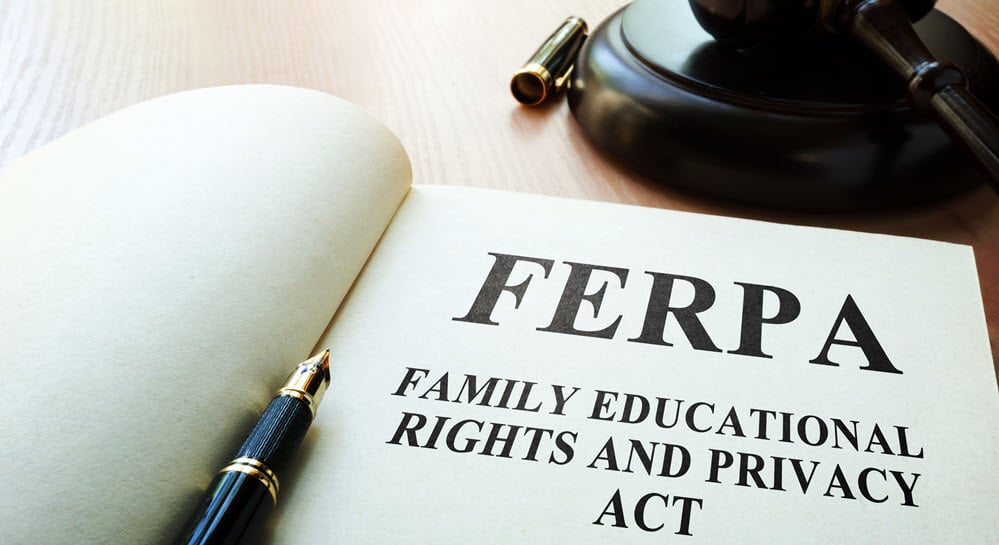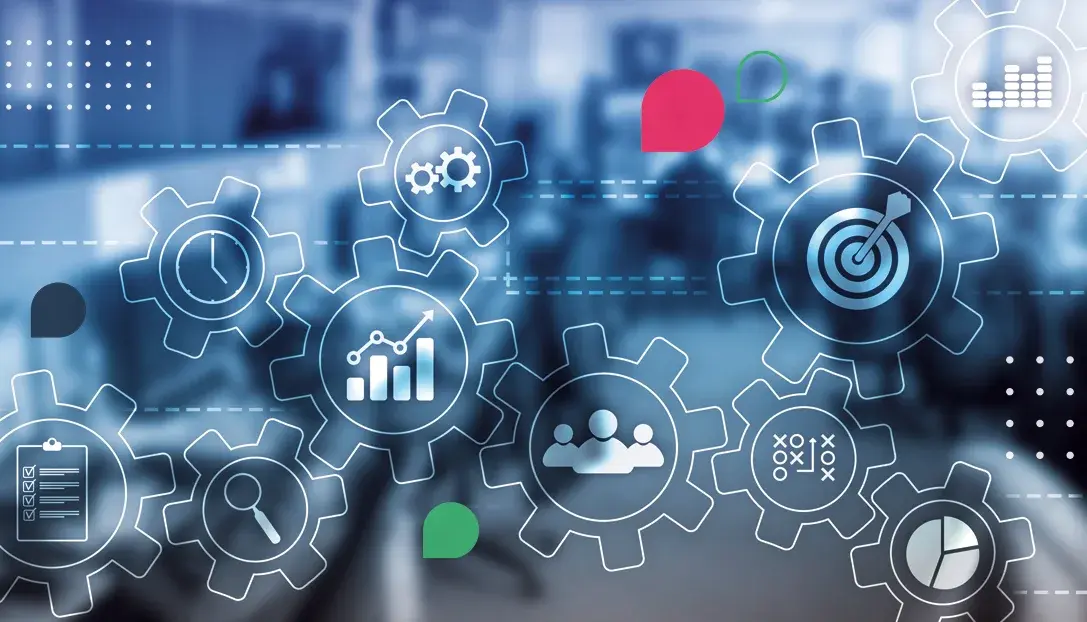How Schools Can Stay Compliant with FERPA & Student Data Privacy Laws
This article discusses the importance of FERPA compliance in safeguarding student data within educational institutions. FERPA, along with other laws...
You must be logged in to the LATechNet portal to view additional resources.
4 min read
 Aria - LATechNet Team
:
Jul 5, 2025 6:02:44 AM
Aria - LATechNet Team
:
Jul 5, 2025 6:02:44 AM

Student Personally Identifiable Information (PII) refers to details that can identify a student directly or indirectly, such as names, addresses, birthdates, or grades. Protecting this data is crucial because it helps ensure students' privacy, safety, and trust. Mishandling student PII can lead to serious consequences, including identity theft, loss of reputation, and legal issues for schools and districts. Moreover, students and families can feel violated or lose confidence in educational institutions when their private information isn't managed carefully.
To help protect student information, there are legal guidelines like the Family Educational Rights and Privacy Act (FERPA), which outlines clear rules on how schools should store, share, and manage student records. FERPA emphasizes the importance of transparency and responsible data handling to maintain trust and compliance (CampusGuard).
Creating clear, understandable governance policies for handling student personally identifiable information (PII) is essential. When everyone knows their roles and responsibilities, it's easier to protect student data consistently. Clearly defined policies set boundaries and expectations, helping educators, administrators, and support staff understand how to handle sensitive information safely (eSchool News). It's also important to regularly review and update these policies to keep up with changing technology and privacy standards. Think of these policies like a living document—something you revisit and refresh often to make sure your school's practices stay effective and relevant.
Schools must understand and comply with legal frameworks like the Family Educational Rights and Privacy Act (FERPA). FERPA guidelines help institutions protect students' educational records and maintain their privacy (CampusGuard). Beyond just legal requirements, it's also necessary to be transparent and ethical when collecting and using student data. Parents, students, and educators should clearly know how and why data is used (ConnectSafely). Additionally, managing vendor relationships carefully and ensuring third-party companies handle student data securely is crucial. By thoughtfully choosing and overseeing these partnerships, schools can better safeguard student privacy.
One great way to protect student information is by using role-based access control (RBAC). RBAC means giving staff members access to only the information they really need to do their jobs. Regular audits and monitoring are also key, helping you spot any unusual activity or outdated permissions quickly. Another important step is using secure authentication practices, like strong, unique passwords and multi-factor authentication (MFA). These methods make it much harder for unauthorized people to access sensitive student data (eSchool News).
Encrypting student data, both when it's moving over a network and when stored on servers, is essential. Using strong encryption standards makes sure that even if someone gains access, they can't actually read the information. It's also helpful to have secure storage solutions and backup plans in place, so data stays safe and available. Additionally, regularly checking network activity can help you notice any potential threats before they become big problems, protecting student information effectively (Cengage).
One of the best ways schools can protect student information is by investing in ongoing privacy training for educators, administrators, and staff. Regular training helps staff clearly understand their roles and responsibilities when handling sensitive student data, making privacy protection second nature (NSDPA). Because human error is one of the leading causes of data breaches, training can significantly reduce potential mistakes and increase vigilance. Developing a culture where every staff member feels personally responsible for student privacy creates a supportive environment where privacy becomes everyone's priority.
Another key step is minimizing the amount of data collected from students. Schools should only gather and store information that is absolutely necessary, reducing risks around unnecessary personal data (Cengage). Additionally, it's crucial to educate students about their own privacy rights and teach them good digital habits, empowering them to safely manage their personal information both in school and beyond (ConnectSafely).
When it comes to managing student personal information, being prepared for incidents is key. Developing a clear and straightforward incident response plan ahead of time helps your school act swiftly if a breach ever happens. Once you have your plan, practice makes perfect—so regularly test it with your team to ensure everyone knows their role.
If an incident does occur, transparency is essential. Reporting quickly and openly to all affected parties not only builds trust but also helps minimize any potential damage. Think of it like informing friends immediately if you made a mistake—it's always better to be upfront.
Most importantly, learn from every incident. After handling each situation, reflect and adjust your practices to protect student data even better next time. This ongoing learning process strengthens your approach and makes your school's data-handling safer and stronger.
Keeping student information protected can feel overwhelming, but LATechNet makes it easier by providing expert support tailored just for schools. They specialize in creating customized identity and access management solutions, ensuring only the right people get access to student data. To keep you compliant with FERPA and other privacy standards, they perform thorough audits and assessments. Plus, their advanced encryption and secure storage options are designed specifically with educational institutions in mind, giving you peace of mind about data safety. LATechNet also provides regular, engaging training sessions to help administrators, teachers, and staff understand their roles in keeping student information secure. And if something unexpected happens, don't worry—LATechNet offers proactive monitoring and quick incident response to handle issues swiftly, minimizing any potential risks or disruptions.
Keeping student information safe is one of the most important responsibilities we have as educators. By following best practices—such as limiting access to sensitive data, regularly training staff, securely storing records, and consistently reviewing security measures—we can greatly reduce the risk of student data falling into the wrong hands. Prioritizing student privacy isn't just about compliance; it's about building trust with students, parents, and our communities.
To make this easier, it's wise for institutions to team up with experienced IT partners, like LATechNet, who understand the unique challenges schools face. These experts can help establish strong security standards, offer continuous support, and keep everyone informed on the latest privacy regulations. Working together ensures we're all doing our part to protect our students' futures and giving families the peace of mind they deserve.

This article discusses the importance of FERPA compliance in safeguarding student data within educational institutions. FERPA, along with other laws...

Schools handle sensitive student health data, which requires adherence to HIPAA and FERPA regulations for proper privacy protection. FERPA typically...

This article delves into the importance of data privacy and compliance in schools, emphasizing the need to protect sensitive student information...